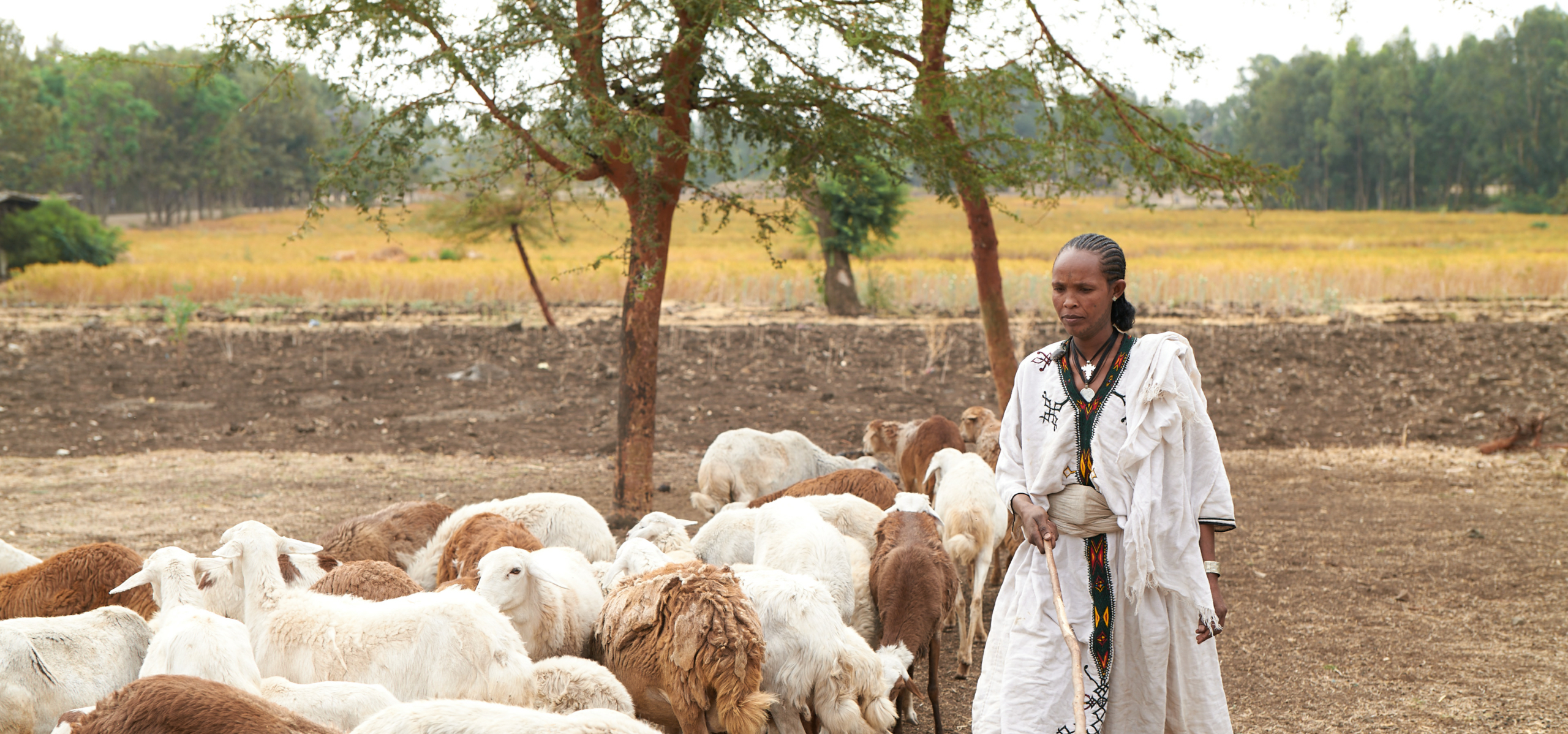
Resilient communities are those that are prepared to face a multitude of challenges that might come their way. Crises are inevitable: It’s not if, but when and what form? Communities that have the resources in place to manage disruptions are able to prevent disaster.
Helmsley is committed to building resilience in remote communities across Burkina Faso, Ethiopia, Ghana, and Zambia. Ensuring that communities are food secure is a special priority, because food insecurity remains a chronic challenge in too many places.
Across each of these nations, millions of people face food insecurity and children in particular are at developmental risks due to stunting. Between 17 and 37 percent of children are estimated to be at risk for stunting across the four countries where we prioritize our grantmaking – and in some communities, those numbers are much higher.
Our investments in Digital Earth Africa will make better long-term planning possible when it comes to predicting drought or flood, which can devastate communities that are unprepared to weather them.
While longer-term change may be underway thanks to technology, communities need to be working in real-time to strengthen their agricultural practices so that people – and particularly children – can thrive today, which will also mitigate the impact of an extreme event.
Thankfully, communities know what they need to manage the present and prepare for the future. This includes expanding how they grow and preserve food, the kinds of foods they grow, and securing financial reserves that enable families to purchase farming supplies or supplementary nourishment when needed.
This is why Helmsley prioritizes support for introducing new agricultural techniques, increasing market access, and offering resources to help small businesses.
We’re writing today to share a few of the many approaches that are building resilience through food security.
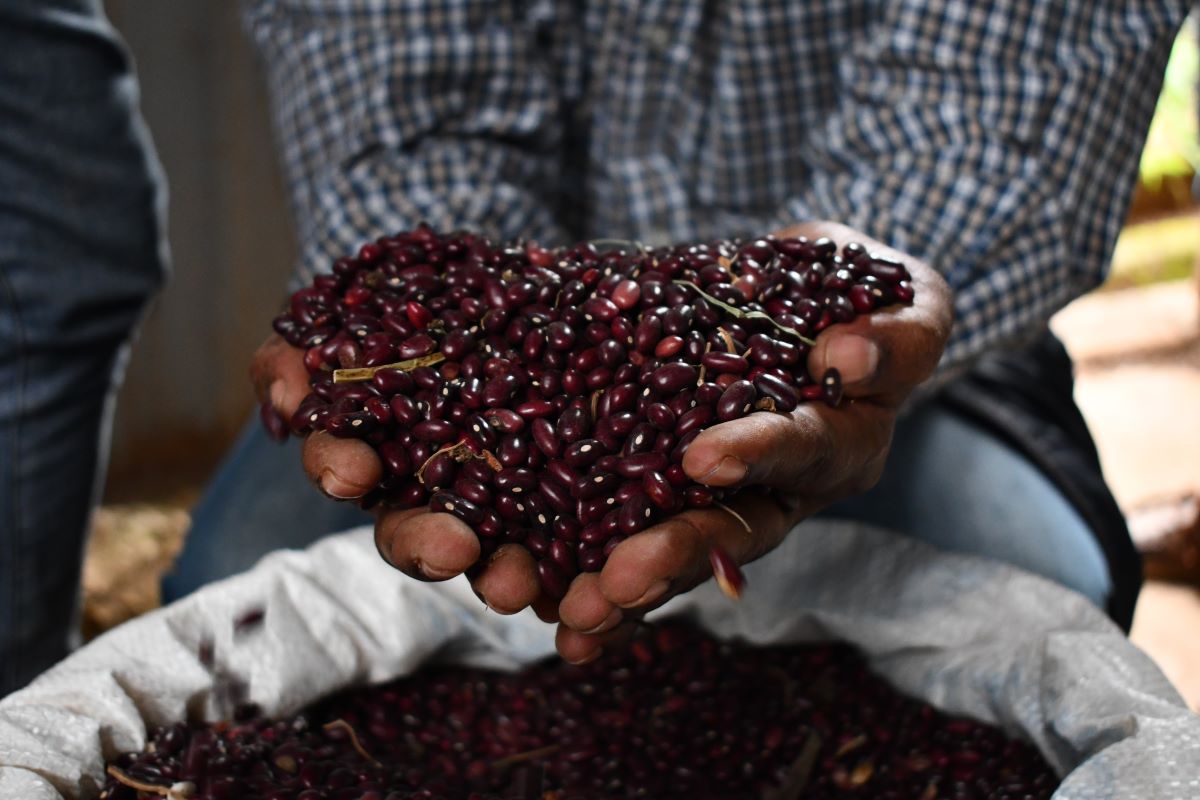
In Ethiopia, NURU International is supporting more than 27,000 farmers to expand agribusiness through cash crop production and the growth of cooperatives. After just one year, farmers saw a 32 percent increase in crop yield.
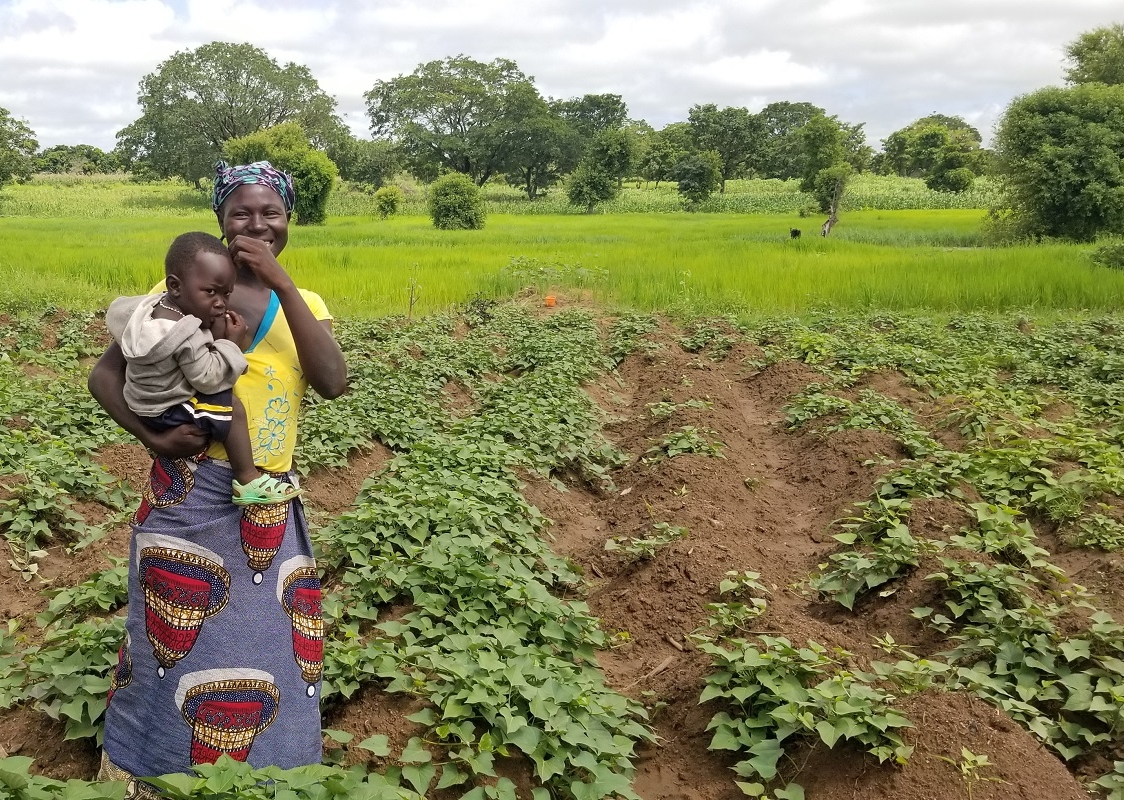
Across 100 villages in the Central West region of Burkina Faso, where barely 18 percent of children receive adequate nutrition, Helen Keller Intl is helping more farmers to grow orange-flesh sweet potato, a nutrient-dense crop that uses climate-smart agricultural practices tailored to the Sahel. Farmers are also increasing their business savvy and personal savings. Village savings-and-loan programs are reaching more than 4,100 people, with an average savings of $30 per person during 2022.
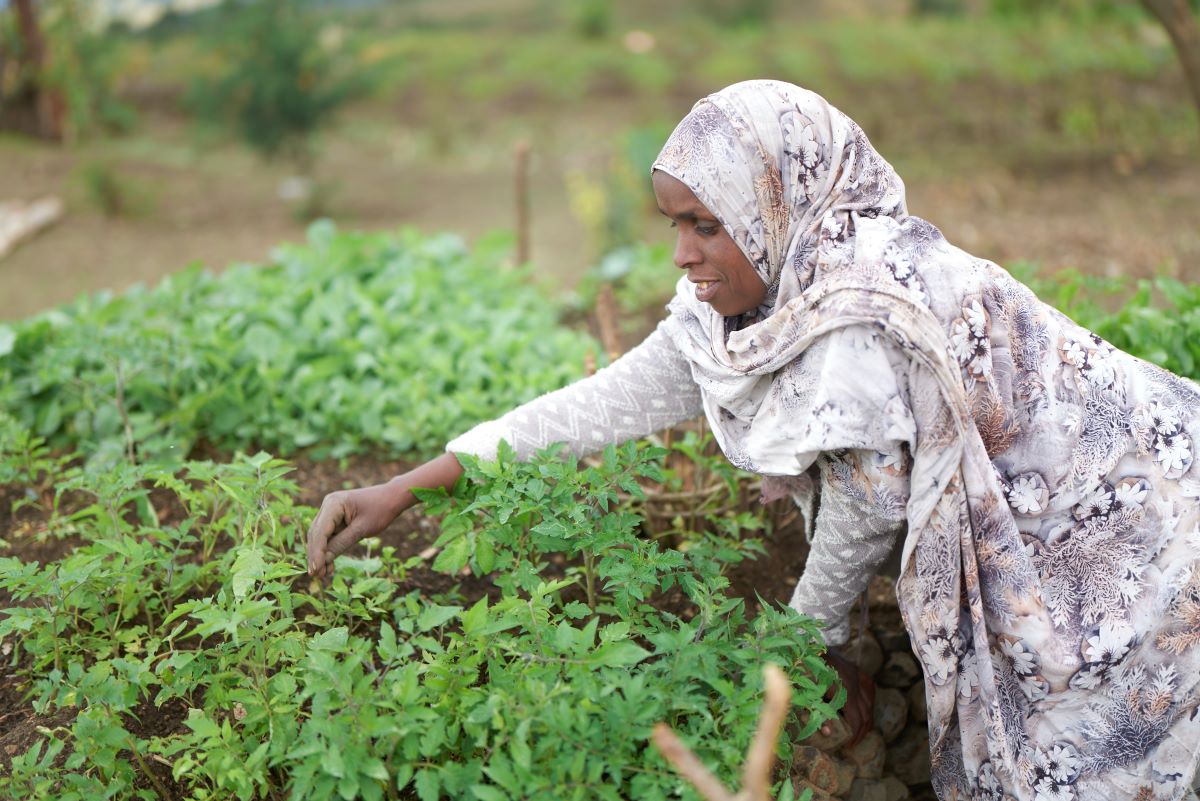
In drought- and conflict-impacted communities of Ethiopia, Catholic Relief Services (CRS) is providing on-farm inputs and training so that farmers can employ improved agricultural practices that yield more diverse and nutritious foods for their families and communities. CRS is also supporting diversified livelihood and market opportunities. To date, more than 2,000 vegetable gardens have been planted.
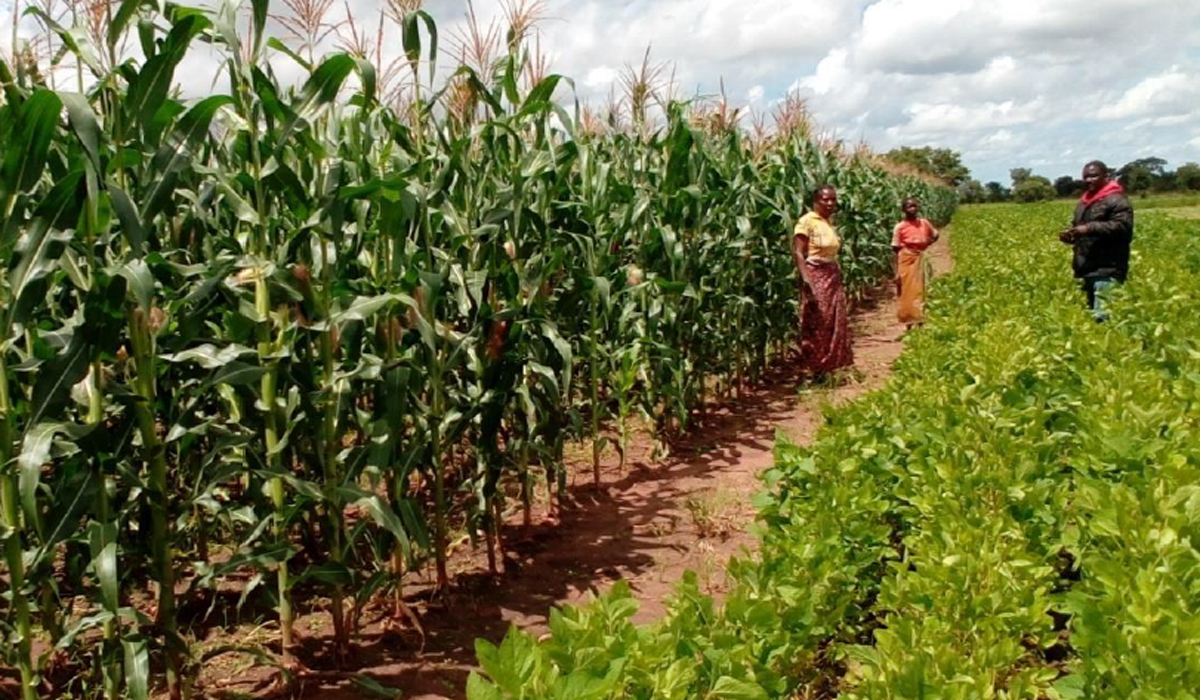
Zambia’s Chadiza district, in the country’s Eastern Province, is notable for its high levels of poverty. It’s here that TEAR is partnering with 800 households to develop sustainable agricultural projects, and increase access to funding through village savings and loan associations. The effort is too nascent to have results to share at this time, however it builds on successes with similar approaches in nearby communities where income levels are now higher, health outcomes are better, and food security has become a reality.
Trista Kontz-Bartels, Program Director
Sherilyn Goldammer, Program Officer
Job Change, Associate Program Officer